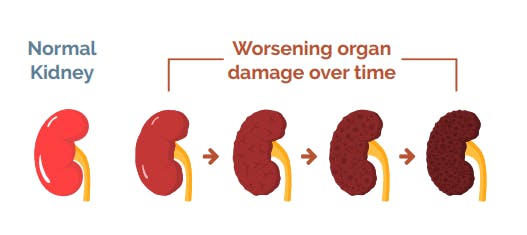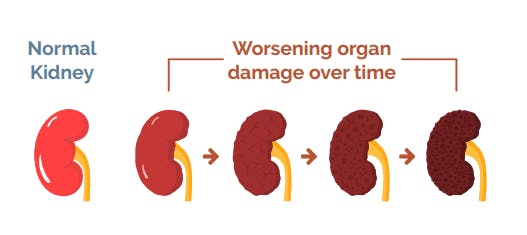What Is a Flare?
Are you having a flare? How do you know, anyway? And why does it matter?
I’ve had a lot of joint pain for a couple of days now. And all I can wonder is if it’s a lupus flare or ‘just’ harmless aches and pains.
Lupus flares
A flare is when you have an increase in your lupus disease activity that can be measured. During a flare, some of the symptoms you already had get worse or brand-new symptoms appear. It could be a light rash that spreads or gets darker or mouth sores that suddenly show up.
- If you experience increased lupus symptoms, known as a flare, it may mean your disease is active.
- If your symptoms get worse, or if new symptoms appear, it’s time to talk to your doctor.
Keep in mind that some flares happen without signs you can see or feel. But they can still be measured by your doctor (such as kidney involvement). The first signs of lupus nephritis, for example, often appear on urine lab tests. This is why it’s important to continue seeing your doctor regularly, even if your lupus seems well controlled.
How flares affect you
Many lupus flare symptoms can be painful and debilitating. But a recent study showed that they can have a bigger effect on you than just the obvious physical discomfort. Based on a survey of 1,500 people living with lupus, those with more frequent flares:
- Are hospitalized more often
- Visit ERs more often
- Are less productive at work
- Are less able to perform activities of daily life
Lupus disease activity (flares) can cause organ damage

Kidney used for illustration purposes only. Lupus disease activity can cause tissue damage in any part of the body, including the brain, lungs, heart, muscles, kidneys, or skin.
Lupus disease activity (flares) can cause organ damage

Kidney used for illustration purposes only. Lupus disease activity can cause tissue damage in any part of the body, including the brain, lungs, heart, muscles, kidneys, or skin.
Need help tracking all your symptoms?
Simply share your email address and we’ll send you free tools and resources to help you identify, track, and better understand your symptoms—so you can begin to feel more confident about managing your lupus.



